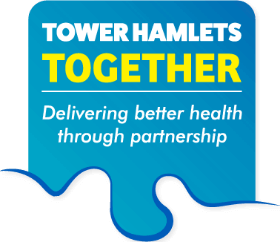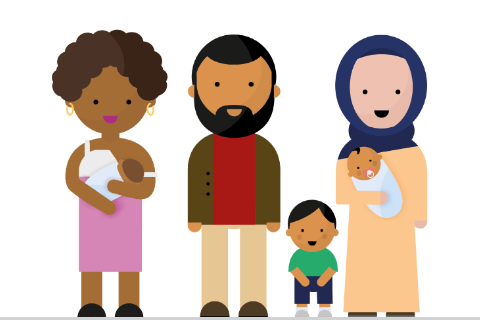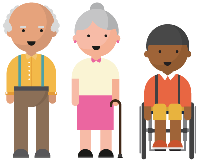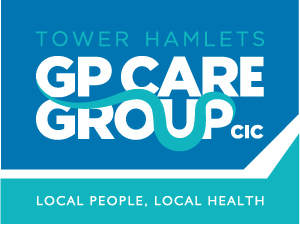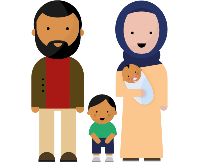
Children and Families Executive
(previously born well and growing well)We believe every child should have the best possible start in life. We aim to develop health and education services in Tower Hamlets for both maternity and childhood, improving their physical, social, emotional and cognitive development.
